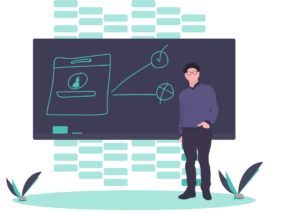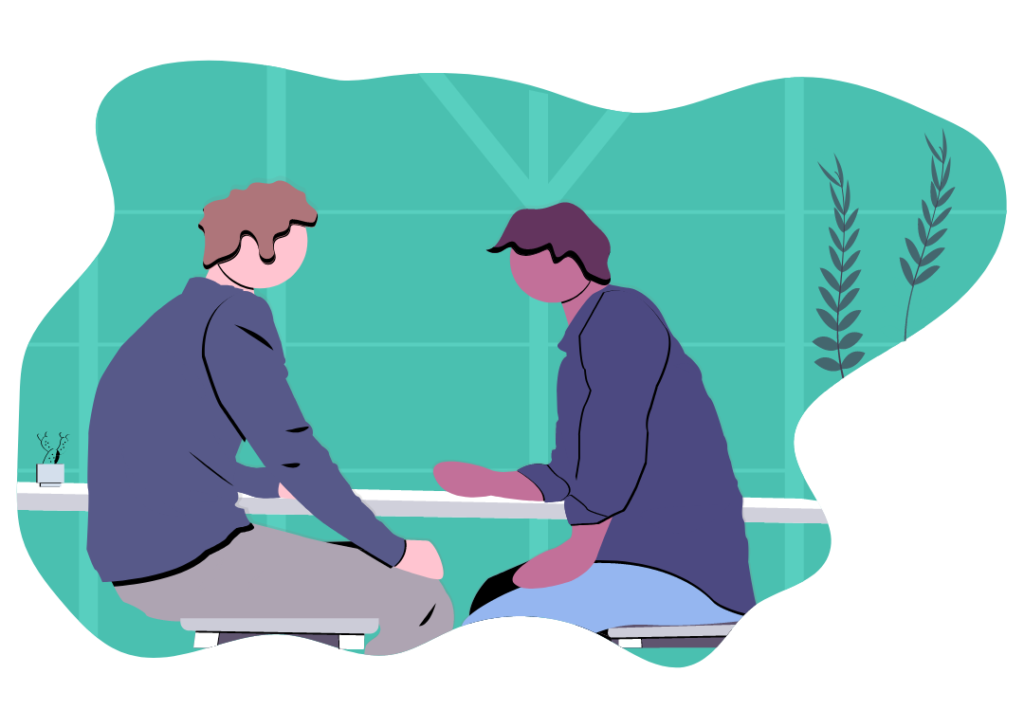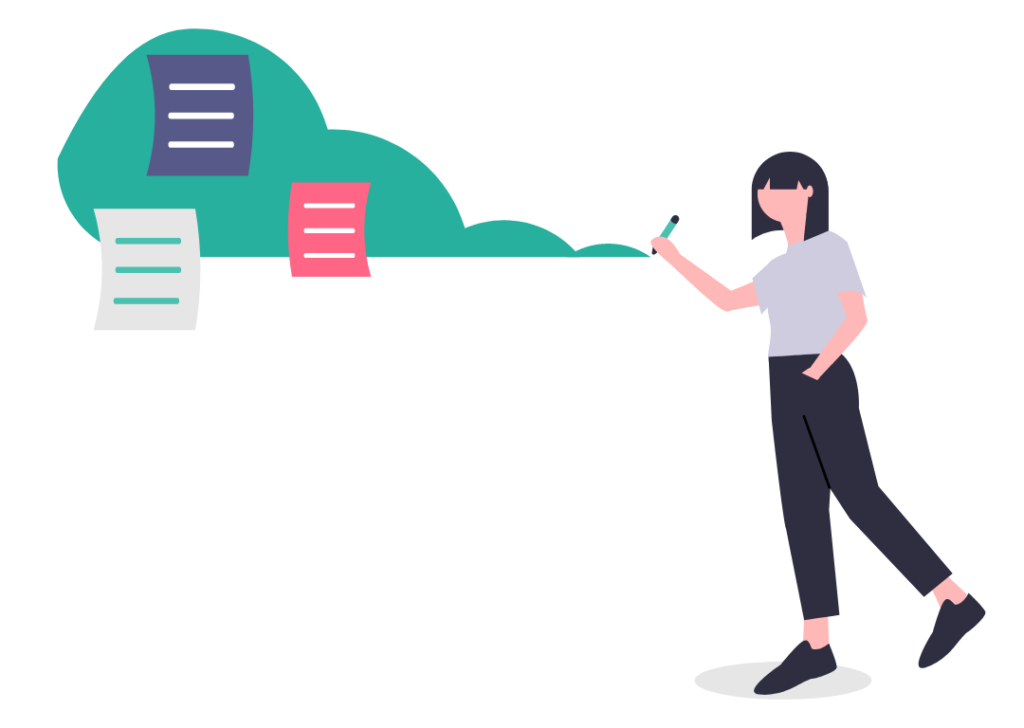
I Had to Adapt to a “New Normal”
As Joy was mourning the loss of her father, her mother was diagnosed with cancer and required emergency surgery.

Joel G. Anderson, PhD, CHTP, FGSA, is an Associate Professor in the College of Nursing at the University of Tennessee where he researches non-pharmacological interventions for symptom management and caregiver support in Alzheimer’s disease and dementia care. Through his academic research and personal experiences, Joel shares a unique perspective on ways we can improve the support we offer caregivers. He highlights the importance of personalizing caregiver services, understanding the needs of different demographics, and our shared human path of becoming and needing a caregiver.
As told to Open Caregiving and lightly edited to enhance readability while preserving the author’s voice.
Before I attended graduate school, I was the manager of a cancer research lab and my work focused on testing new chemotherapy agents for brain tumors.
During that time, my grandmother was the primary caregiver for my great-grandmother who was living with dementia. I watched as she and my mother worked to provide care for my great-grandmother, putting their own health care needs and well-being aside.
I then observed all that came after my great-grandmother’s death in terms of the impact caregiving had on my mother and grandmother. When it came time to create my own program of research, I knew I wanted to focus on families caring for someone living with dementia.
In one of the first studies I led, I was interviewing a caregiver who was talking about looking for information to aid them in taking care of their family member. “I keep looking for the answers and nobody has the answers,” they said.
That stuck with me because I had the information they were looking for at my fingertips by virtue of being a researcher. I gave them the information, and they were overjoyed, reporting back to me later how that had made such a difference.
It cemented in my mind the reminder that I’m doing what I’m doing to help families. And if I’m not getting the findings from my research, or research in general, into the hands of those who actually need it, I’m not doing my job well. It’s one of the reasons why I never turn down the offer to speak to or provide information for caregivers and people living with dementia.
I know from my work how valuable social media and technology are to caregivers. Caregivers use social media to gather and share information, to build community and social support, to advocate for themselves and those living with dementia, and to create a legacy for their family member. They often use technology to help manage caregiving, whether that’s coordinating care with other family members or using online resources for information or to support their well-being.
More often than not, the research we’re using to create caregiving services and the ways in which we support caregivers is based on the experiences of White cisgender, heterosexual caregivers. But diverse individuals with overlapping identities are taking on caregiving roles every day and may be taking on those roles more frequently.
For example, we know that LGBTQ+ adults are more likely to be a caregiver than their heterosexual counterparts. And how diverse individuals approach and think about caregiving is different, too. In many cultures, caregiving is not seen as a burden. It’s what you do. That doesn’t mean it’s not difficult at times.
So, if we’re coming to these caregivers with a certain set of terms or language that isn’t congruent with their culture and experience, we’re missing out on the bigger picture and all the ways we can potentially support them.
Millennials are often seen as digital natives who embrace technology. We’ve been seeing a shift in caregiving research focusing on technology for a while now. That research has been increasing and seems to be skyrocketing now.
This is probably driven by the fact that a quarter of caregivers are Millennials and the COVID-19 pandemic has changed the ways in which many folks do their work and support caregivers via technology.
I think that we’re seeing how adaptability and personalization of caregiver support is essential to achieving the goal of supporting families caring for someone with dementia or another chronic condition. I think continuing to explore the experiences of Millennial caregivers will help us to create the best resources for this population of caregivers.
Rosalynn Carter has a great quote: “There are only four kinds of people in the world: those who have been caregivers, those who are currently caregivers, those who will be caregivers, and those who will need caregivers.”
I think it’s important for those who do not currently identify as a caregiver to understand where they fit in these categories, recognizing that at some point in their life (maybe even multiple points), they will be part of caregiving in some way. I think that perspective changes the way you interact with those currently receiving or providing care and reduces some of the stigma.
Two things come to mind.
First, don’t be afraid to reach out for the support you need, whatever that may be. Talk to your health care providers or your local Area Agency on Aging about caregiving services that can support you and don’t put your own health on hold.
Second, caregiving is not all doom and gloom. It can be hard at times, no question about it. But there are moments of joy as well. Many caregivers speak of the positives that can come from the experience and what they gain from it.
I think sites like Open Caregiving are wonderful in that they put information into the hands of caregivers and help them make sense of it. I appreciate the work you are doing!
Learn more about Joel and his research on his personal website, joelganderson.com.

As Joy was mourning the loss of her father, her mother was diagnosed with cancer and required emergency surgery.

Larry's personal caregiving journey crossed paths with his professional career when his father required emergency brain surgery.

Lisa worked as a high-tech Business Transformation and Change Consultant while acting as a primary caregiver to her mom on an 18-year journey through dementia.